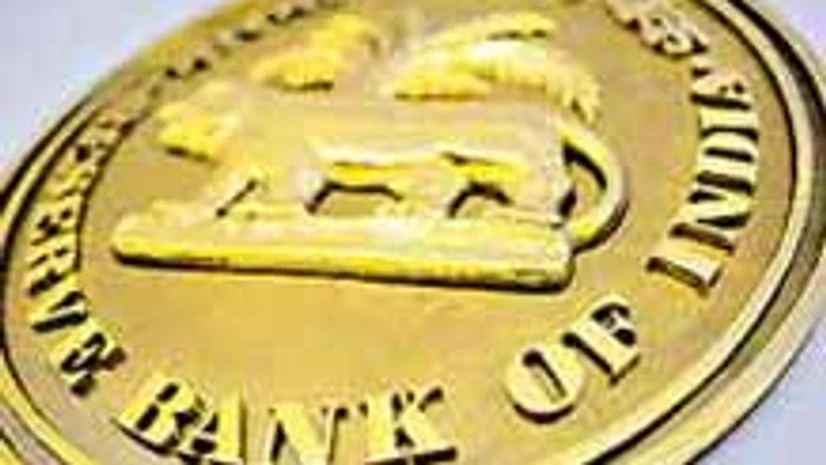The Reserve Bank of India (RBI), in its financial stability report has raised concern about the conduct of banks while distributing insurance products. RBI said in some cases, it was observed banks did not have a clear segregation of duties of marketing personnel from other branch functions, and bank employees were directly receiving incentives from third parties such as insurance companies, mutual funds and other entities for selling their products.
According to current rules of the Insurance Regulatory and Development Authority (Irda), a bank is permitted to sell insurance products of one life insurance company, one general insurance company and one standalone health insurance company. “There have been some cases of insurance companies directly incentivising bank staff to increase sales. But this is not an industry-wide phenomenon and wherever there have been some discrepancies, both RBI and Irda have initiated appropriate action,” said the chief executive of a private life insurance company.
RBI said in some cases, direct incentives to the bank staff have created distortions in the sales structure. According to Irda’s Annual Report 2011-12, the highest number of complaints in life insurance related to mis-selling. RBI noted they mainly pertained to the private sector, though LIC leads the business with a 70 per cent share.
More From This Section
Compliance with these limits is monitored on an annual basis and instances of breach face penal action. It said the main findings of RBI’s probe on certain banks’ practices involving structuring of transactions for tax evasion and fraudulent transfer of funds point towards laxity in adherence to Know Your Customer/ Anti-Money Laundering guidelines.
Banks are required to disclose details of customers and fees received for referring products of companies, even if they are referring products of one company. “Irda is working with RBI to ensure the disclosure made by banks acting as corporate agents, in Notes to Accounts, are enhanced to bring about transparency in the nature of payments received by them,” RBI said.

)
